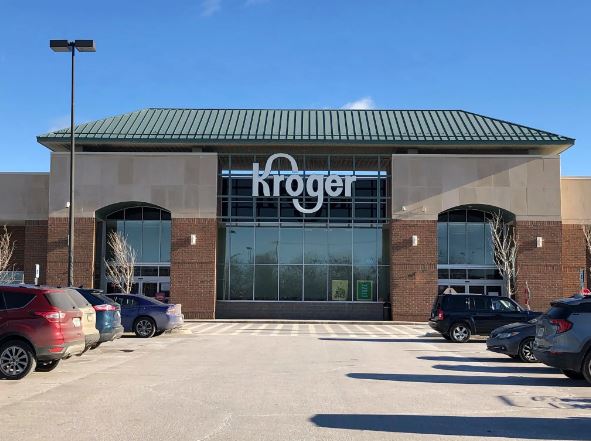The Federal Trade Commission (FTC) and several state attorneys general have taken legal action to prevent Kroger, the nation’s largest supermarket chain, from finalizing its $24.6 billion purchase of Albertsons, a major grocery chain. The lawsuit alleges that the proposed merger would harm competition within the industry, potentially leading to increased grocery prices for consumers and undermining the bargaining power of grocery store employees.
Henry Liu, the director of the FTC’s Bureau of Competition, expressed concerns about the potential impact of the merger on consumers. He highlighted the steady rise in grocery prices in recent years and warned that Kroger’s acquisition of Albertsons could further exacerbate financial strain for consumers across the country.
Joining the FTC in the lawsuit are attorneys general from Arizona, California, Illinois, Maryland, Nevada, New Mexico, Oregon, Wyoming, and the District of Columbia. This legal action reflects the Biden administration’s stance on challenging mergers that could harm competition, following previous cases involving companies like Amgen, JetBlue, and Microsoft.
Kroger and Albertsons have defended the merger, arguing that it is necessary for them to compete against large retailers like Walmart, Costco, and Amazon. However, critics, including consumer advocates, politicians, unions, and independent grocery stores, have voiced concerns about the consolidation of power resulting from the merger.
The proposed acquisition would create a supermarket giant with revenue exceeding $200 billion and approximately 5,000 stores nationwide. Kroger operates 2,750 grocery stores under various banners, including Ralphs and Harris Teeter, while Albertsons runs 2,200 supermarkets under names like Safeway and Vons.
Opponents of the merger argue that it would reduce competition and limit consumer choice, particularly in markets where Kroger and Albertsons have significant overlap. They fear that the merger could lead to higher grocery prices and potential job losses.
Stacy Mitchell from the Institute for Local Self-Reliance emphasized the outsized power of large retailers like Kroger and Albertsons, noting their ability to pressure suppliers for discounts and benefits not available to smaller retailers. Marc Perrone, president of the United Food and Commercial Workers International Union, expressed concern about the potential negative impact on workers at Kroger and Albertsons.
In response to criticism, Kroger announced plans to invest $1 billion in wage increases and benefits for employees. Additionally, both Kroger and Albertsons proposed selling 413 stores to C&S Wholesale Grocers for $1.9 billion to address antitrust concerns. However, the FTC argued that this divestiture plan was insufficient to mitigate the anti-competitive effects of the merger.
The FTC raised concerns about the decline in quality that could result from the merger, citing the competition between Kroger and Albertsons in areas such as fresh produce and customer service. The agency argued that the incentive to compete would diminish if the two companies were to merge, potentially leading to a deterioration in product quality and service.
Critics also raised questions about the financial motivations behind the merger, particularly the significant dividend payment made to Albertsons’ private equity owners. Following legal challenges, Albertsons distributed a $4 billion dividend to its shareholders, primarily benefiting private equity firm Cerberus, which held a majority stake in the company.
As the legal battle unfolds, the focus remains on preserving competition within the grocery industry and protecting the interests of consumers and workers. The outcome of the lawsuit will have significant implications for the future landscape of the supermarket sector in the United States.

